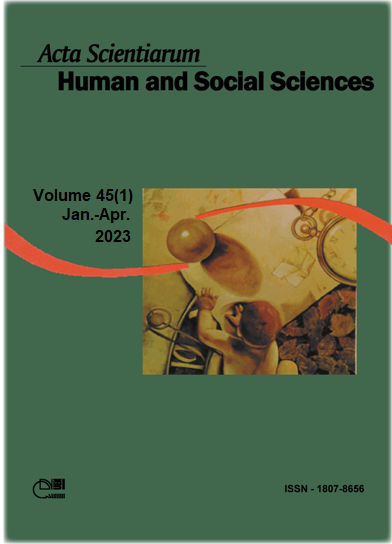Em busca do preço justo: o projeto comércio ribeirinho como forma de autonomia e sustentabilidade no Médio Juruá (Amazonas – Brasil)
Résumé
A criação das Reservas Extrativistas (RESEX) é resultado da mobilização social organizada dos seringueiros que lutaram pela garantia do território. No entanto, as necessidades dessa população extrapolam a questão da terra. Temas como viabilizar o escoamento da produção para a geração de independência econômica dos extrativistas e suas famílias, o acesso aos produtos alimentícios, de limpeza e higiene pessoal, o acesso aos bens de consumo duráveis foram e continuam sendo tópicos de debate e articulação no contexto da região do Médio Juruá. Este artigo aborda apenas uma das experiências existentes no Médio Juruá, o projeto intitulado ‘Comércio Ribeirinho’, que partiu da ação coletiva e mobilização social para a garantia de direitos e redução de vulnerabilidades sociais. Trata-se de uma pesquisa qualitativa, desenvolvida através do trabalho de campo realizado durante uma viagem de Comercialização do Projeto Comércio Ribeirinho conduzido pela ASPROC. O Comércio Ribeirinho apresenta-se como uma estratégia importante para a sustentabilidade econômica e a segurança alimentar na região do Médio Juruá, representando uma tecnologia social importante para romper com os sistemas tradicionais de aviação e o coronelismo da borracha que marcaram a história do Rio Juruá. Sua execução enfrenta inúmeros desafios principalmente relacionados a logística e ao próprio acesso às comunidades, mas elas são sanadas cotidianamente através das articulações entre as associações e as instituições locais. A própria proposta do projeto ressignifica a comercialização e as relações de trabalho da região, tornando-as mais fraternas, justas e solidárias com as populações locais. Para além da comercialização, o comércio ribeirinho representa na Amazônia uma experiência exitosa no que se refere à gestão territorial participativa e autonomia nas relações de trabalho e produção.
Téléchargements
DECLARAÇÃO DE ORIGINALIDADE E DIREITOS AUTORAIS
Declaro que o presente artigo é original, não tendo sido submetido à publicação em qualquer outro periódico nacional ou internacional, quer seja em parte ou em sua totalidade.
Os direitos autorais pertencem exclusivamente aos autores. Os direitos de licenciamento utilizados pelo periódico é a licença Creative Commons Attribution 4.0 (CC BY 4.0): são permitidos o acompartilhamento (cópia e distribuição do material em qualqer meio ou formato) e adaptação (remix, transformação e criação de material a partir do conteúdo assim licenciado para quaisquer fins, inclusive comerciais.
Recomenda-se a leitura desse link para maiores informações sobre o tema: fornecimento de créditos e referências de forma correta, entre outros detalhes cruciais para uso adequado do material licenciado.


























